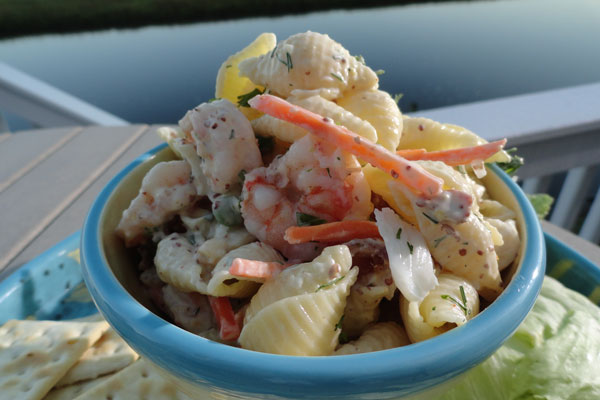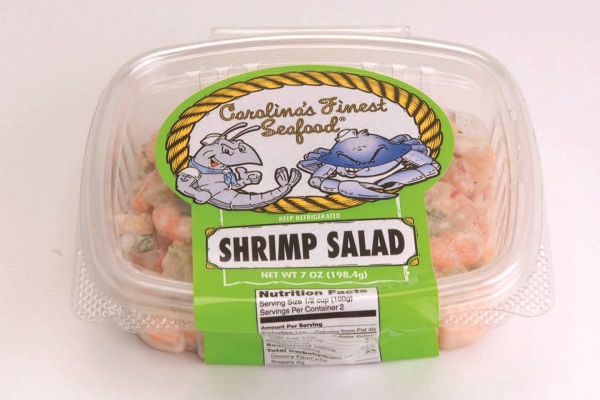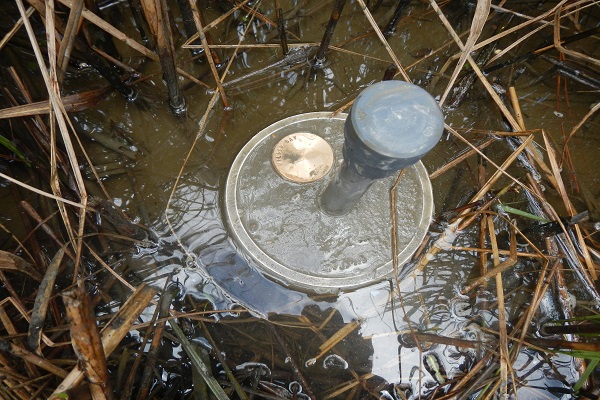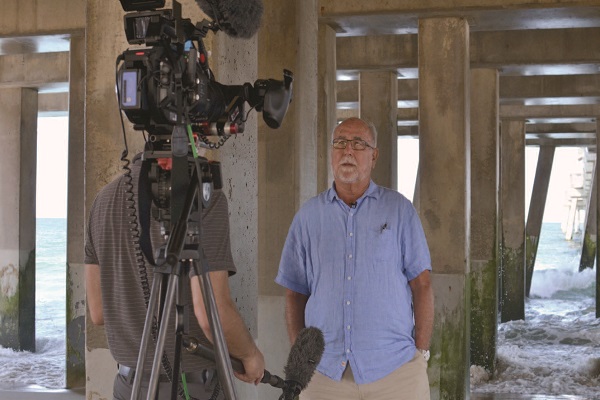DEVELOPING NEW SEAFOOD PRODUCTS

Americans lead busy, active lives and have little time or desire to cook meals at home. We seek new flavors, textures and unique cuisines, and want options that are convenient to prepare and consume almost anywhere. Fresh, transportable meals featuring minimally processed ingredients, handcrafted quality and bold flavors characterize the most successful pre-prepared meals of the past few years.
The convenience of purchasing and preparing food is important to consumers across all demographics. According to the data company Food Genius, nearly 80 percent of Americans do not know what we want for dinner by 4 p.m. that same day.
People are too time-starved to cook, yet we want food that is fresher and healthier than a typical fast-food meal, with unique flavors and more protein. Market analysts expect more consumers to use online subscription services that sell prepared meals, especially those offering the convenience of home delivery.
Seafood meets the expectations of health-conscious foodies. Marine species tend to be high in protein and low in fat. Nearly two-thirds of consumers believe protein aids weight loss and 33 percent think it boosts metabolism. Omega-3 fatty acids are among the top heart-healthy ingredients, and 44 percent of adults prefer obtaining omega-3s through food rather than supplements.
In addition, locally sourced ingredients are among the desirable characteristics consumers seek when evaluating their food choices. People are seeking niche brands from local and regional businesses over national and multinational food companies. This offers a number of commercial opportunities for small-scale seafood manufacturers in North Carolina.

North Carolina Sea Grant has helped many coastal food businesses meet growing consumer demand for seafood requiring little or no in-home preparation. But developing new products is a costly, time-consuming venture. Large food companies have entire departments dedicated to developing and marketing new foods. Small, family-owned food businesses have much more limited financial and human capital.
Since 2001, Sea Grant has led collaborations across state agencies to aid 14 North Carolina companies in developing, manufacturing and marketing nearly 60 new products, such as crab cakes, seafood dips and smoked seafood, for retail and wholesale. We work with our industry partners to perform qualitative and quantitative market research — consumer interviews and surveys, respectively — to better understand what people need and expect from North Carolina seafood products and to enable businesses to offer items buyers actually want.
National market research shows consumers who seek specialty, freshly prepared foods can generally be categorized into those who:
- Prefer meals with simple, minimally processed ingredients free of artificial additives and preservatives; and
- Want all-natural, organic products devoid of antibiotics, hormones and genetically modified components.
Sea Grant is helping small businesses in the seafood industry identify the criteria local seafood consumers who live inland use when selecting pre-prepared meal options. In addition, we have helped restaurants and seafood processors gauge and build consumers’ acceptance of new species, such as lionfish, cultured sturgeon and cape shark.
This work is part of our ongoing effort to profile in-state consumers’ expectations for pre-prepared seafood. The goal is to help the seafood industry develop profitable products that meet critical consumer needs.
Here is a very basic overview of how Sea Grant helps our partners learn about consumer preferences.
First, we invite individuals to participate in focus groups to determine the types of seafood they prefer; the kinds of entrees, appetizers and snacks they would purchase; and the prices they are willing to pay for certain meals.
These participants receive samples of pre-prepared seafood products to taste so that we might gain preliminary insights into their preferences.
Next, we test these initial findings for validity among a broad range of consumers who buy North Carolina seafood through online surveys. This is how we confirm whether the preferences expressed by the smaller focus groups are affirmed by a larger number of North Carolina seafood enthusiasts.
Then comes the consumer sensory panel. After tasting the food, participants give scores on a scale of one to seven, where one equals terrible and seven equals excellent.
Meal concepts that score five or better are selected for development. They undergo an evaluation — as required by state and federal laws — to learn where in processing and distribution to establish monitoring and recordkeeping activities to ensure product safety.
Sea Grant provides a vital service to the seafood industry partners by identifying and prioritizing the incentives — such as taste, price, convenience, health and sustainable harvest — that influence individuals when they select pre-prepared meal options featuring local seafood.
As part of our work with North Carolina’s seafood industry, Sea Grant has developed online resources for businesses and consumers. They include:
- Entrepreneurial guides for bringing a successful product to market, and results of consumer research and projects involving value-added seafood: ncseagrant.ncsu.edu/producer-resources.
- Guidance on local seafood to help consumers make informed choices: ncseagrant.ncsu.edu/consumer-awareness.
- Materials on developing and selling new products made with local seafood, meats and produce, in collaboration with North Carolina Cooperative Extension: content.ces.ncsu.edu/adding-value-to-local-food.
If you’re a business owner looking to develop local seafood products or a foodie wanting to participate in sensory panels, contact me at barry_nash@ncsu.edu.
This article was published in the Spring 2017 issue of Coastwatch.
For contact information and reprint requests, visit ncseagrant.ncsu.edu/coastwatch/contact/.
- Categories:


